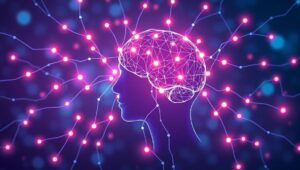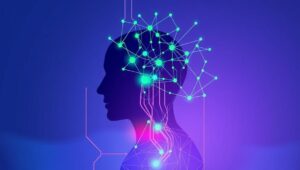May 28, 2025
The Ethics of Persuasive Design in Mobile and Gadgets (2026)
The Ethics of Persuasive Design in Mobile and Gadgets (2026) Persuasive design, also known as captology, refers to the use of design elements to influence user behavior. While persuasive design can be used for positive outcomes, such as encouraging healthy habits or promoting sustainability, it also raises significant ethical concerns, particularly in the context of mobile devices and gadgets. Understanding Persuasive Design Persuasive design operates by leveraging psychological principles to guide users toward specific actions. These techniques can include: Gamification: Incorporating game-like elements, such as points, badges, and leaderboards, to motivate user engagement. Social Proof: Displaying endorsements, reviews, or popularity












